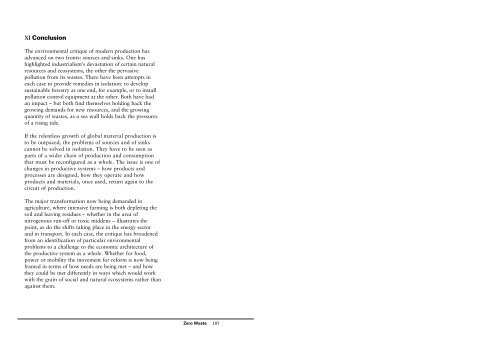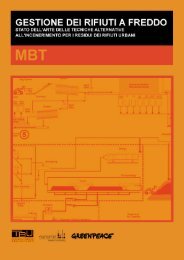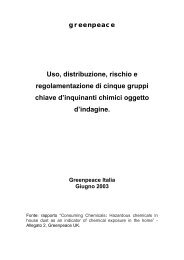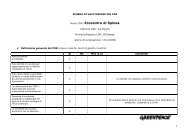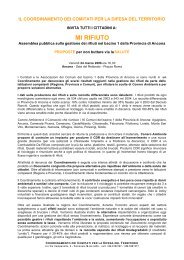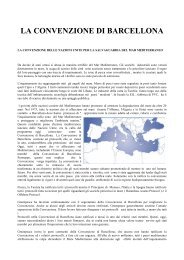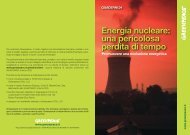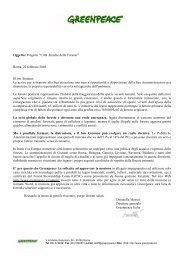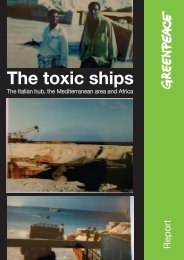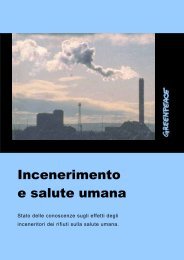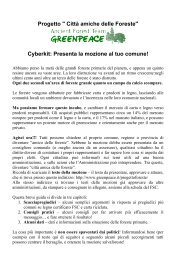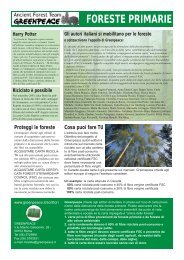Zero Waste by Robin Murray, Greenpeace Environmental Trust 2002
Zero Waste by Robin Murray, Greenpeace Environmental Trust 2002
Zero Waste by Robin Murray, Greenpeace Environmental Trust 2002
You also want an ePaper? Increase the reach of your titles
YUMPU automatically turns print PDFs into web optimized ePapers that Google loves.
XI C o n c l u s i o n<br />
The environmental critique of modern production has<br />
advanced on two fronts: sources and sinks. One has<br />
highlighted industrialism’s devastation of certain natural<br />
resources and ecosystems, the other the pervasive<br />
pollution from its wastes. There have been attempts in<br />
each case to provide remedies in isolation: to develop<br />
sustainable forestry at one end, for example, or to install<br />
pollution control equipment at the other. Both have had<br />
an impact – but both find themselves holding back the<br />
growing demands for new resources, and the growing<br />
quantity of wastes, as a sea wall holds back the pressures<br />
of a rising tide.<br />
If the relentless growth of global material production is<br />
to be outpaced, the problems of sources and of sinks<br />
cannot be solved in isolation. They have to be seen as<br />
p a rts of a wider chain of production and consumption<br />
that must be re c o n f i g u red as a whole. The issue is one of<br />
changes in productive systems – how products and<br />
p rocesses are designed, how they operate and how<br />
p roducts and materials, once used, re t u rn again to the<br />
c i rcuit of production.<br />
The major transformation now being demanded in<br />
agriculture, where intensive farming is both depleting the<br />
soil and leaving residues – whether in the area of<br />
nitrogenous run-off or toxic middens – illustrates the<br />
point, as do the shifts taking place in the energy sector<br />
and in transport. In each case, the critique has broadened<br />
from an identification of particular environmental<br />
problems to a challenge to the economic architecture of<br />
the productive system as a whole. Whether for food,<br />
power or mobility the movement for reform is now being<br />
framed in terms of how needs are being met – and how<br />
they could be met differently in ways which would work<br />
with the grain of social and natural ecosystems rather than<br />
against them.<br />
<strong>Zero</strong> <strong>Waste</strong> 187


